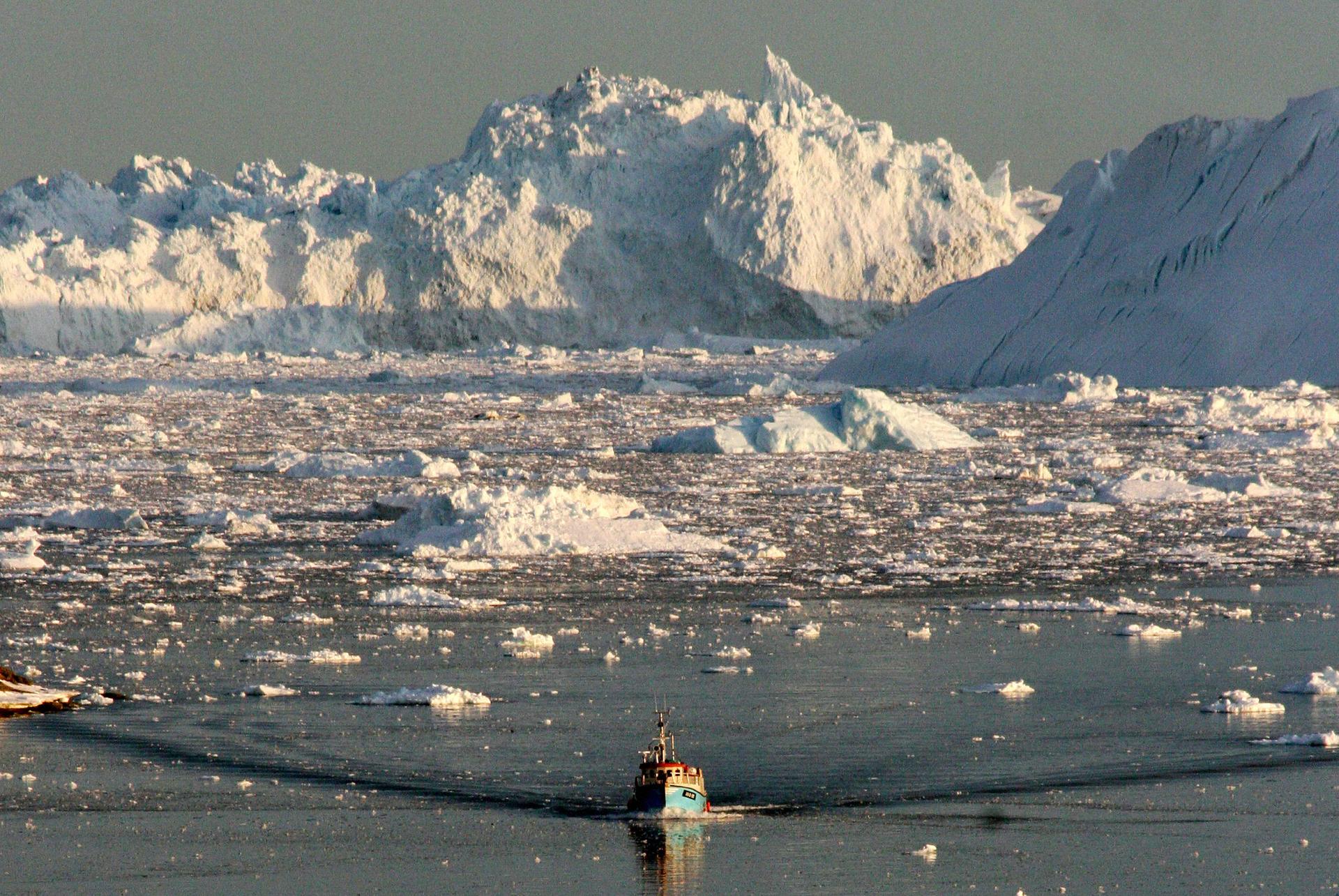Greenland glaciers rise sea levels, but not worst case scenario yet
A new study says that Greenland’s glaciers are shrinking fast, yet it is still not the worst case scenario.
Glaciers in Greenland may be melting rapidly and thereby increasing sea-levels but it is not the worst case scenario predicted by earlier research, says a new study.
The study found that glaciers are moving 30 percent faster than a decade ago, contributing to rising sea levels by dumping excess water into the ocean.
Scientists at the University of Washington and Ohio State University looked at a satellite-based survey of about 200 glaciers to make their calculations, said the Washington Post.
They found that those glaciers headed for the water are not moving as fast as speculated earlier and, thus, will keep sea levels from reaching more dangerous heights.
Reuters reported that some estimates even projected a sea level rise of about six feet by century's end – a figure that would have catastrophic effects on coastal areas worldwide.
The satellite data collected over the last decade showed that previous figures were overestimated
"Two meters is really kind of a worst case," said lead author Twila Moon of the University of Washington, reported Reuters.
"Now we have the luxury of a little bit more time and being able to actually look at the observations from the last 10 years. At this point it doesn't look like there's any evidence for the worst-case scenario."
Though it is still difficult to estimate the true impact of Greenland's glaciers on sea levels in the long-term, the research said that an eight inch rise over the century may be in reach.
Moon warned, according to the Guardian, that even small rises in sea level could have negative consequences.
"Even small rises in sea level will have very big impact in some places, as storm surges hit coasts. If you raise the floor of a basketball court by just a few inches, you will see many more slam dunks," said Moon.
Their research was published in the journal Science.
Every day, reporters and producers at The World are hard at work bringing you human-centered news from across the globe. But we can’t do it without you. We need your support to ensure we can continue this work for another year.
Make a gift today, and you’ll help us unlock a matching gift of $67,000!
